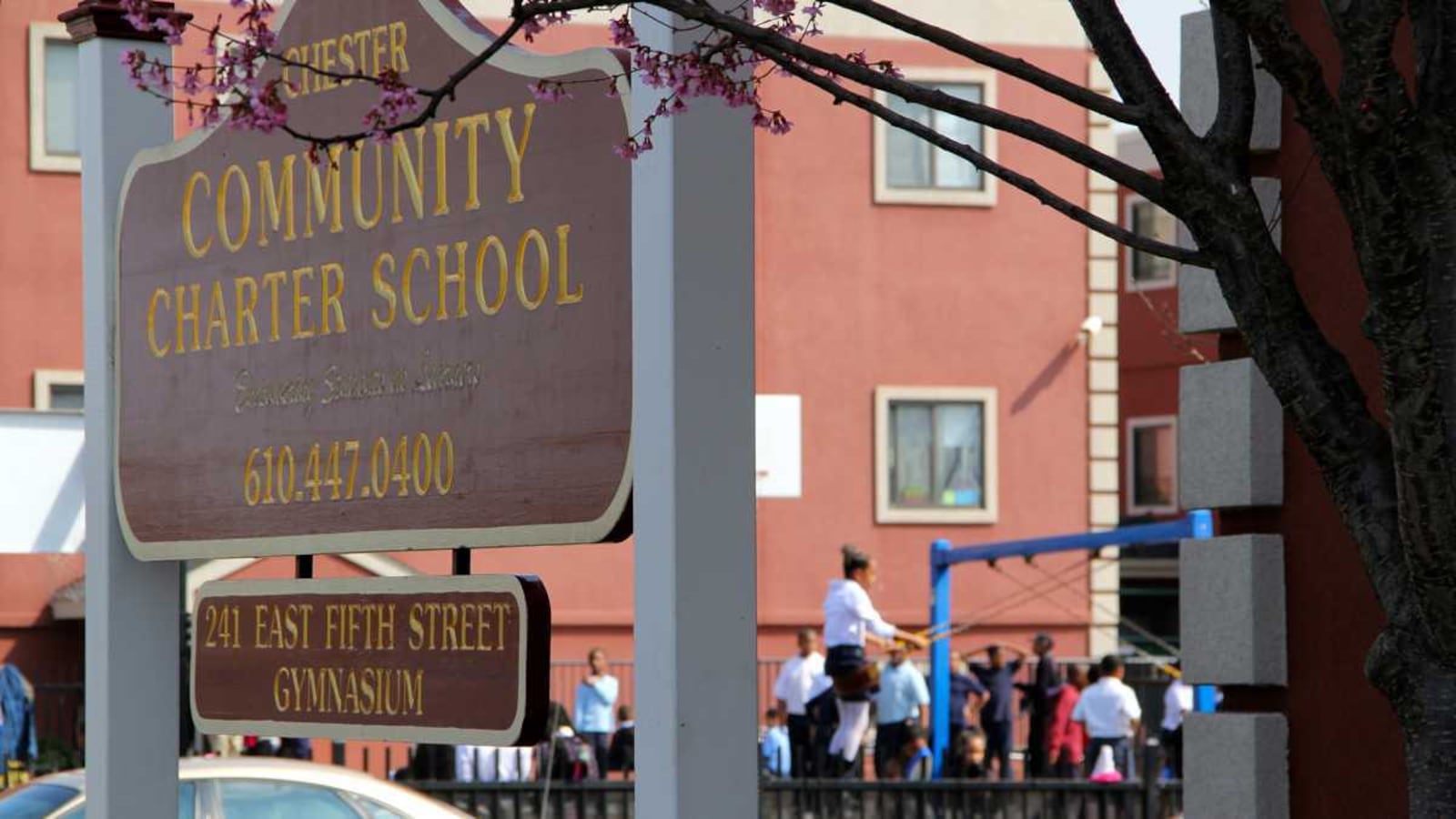This article was originally published in The Notebook. In August 2020, The Notebook became Chalkbeat Philadelphia.
In the midst of hearings to determine the fate of Chester Upland, arguably Pennsylvania’s most financially distressed school district, representatives from the state and local charter schools held private negotiations on cutting charter school payments.
The fruits of those dealings are a compromise and a new financial recovery plan.
In the 145-page document, the three largest charter schools serving the district — Chester Community Charter School, Chester Charter School for the Arts and Widener Partnership Charter School — agreed to a reduction in the school district’s payments to the charters for special education students, from $40,000 per student to $27,028.72 per student. That change would be locked in for the next 10 years.
The state had been seeking a reduction to $16,000 per student, the amount recommended by a bipartisan special education funding commission, in order to save Chester Upland around $22 million a year.
The plan laid out a comprehensive proposal for pulling Chester Upland back from its $24.4 million deficit and returning it to financial solvency.
In addition to the reduction in fees, the three charters have agreed to waive the school district’s unpaid bills from the previous school year, reducing the deficit by $8.6 million.
And Gov. Wolf’s administration has promised a permanent increase to the state’s contribution to the Chester Upland School District, as well as a means to erase the remaining fund deficit.

